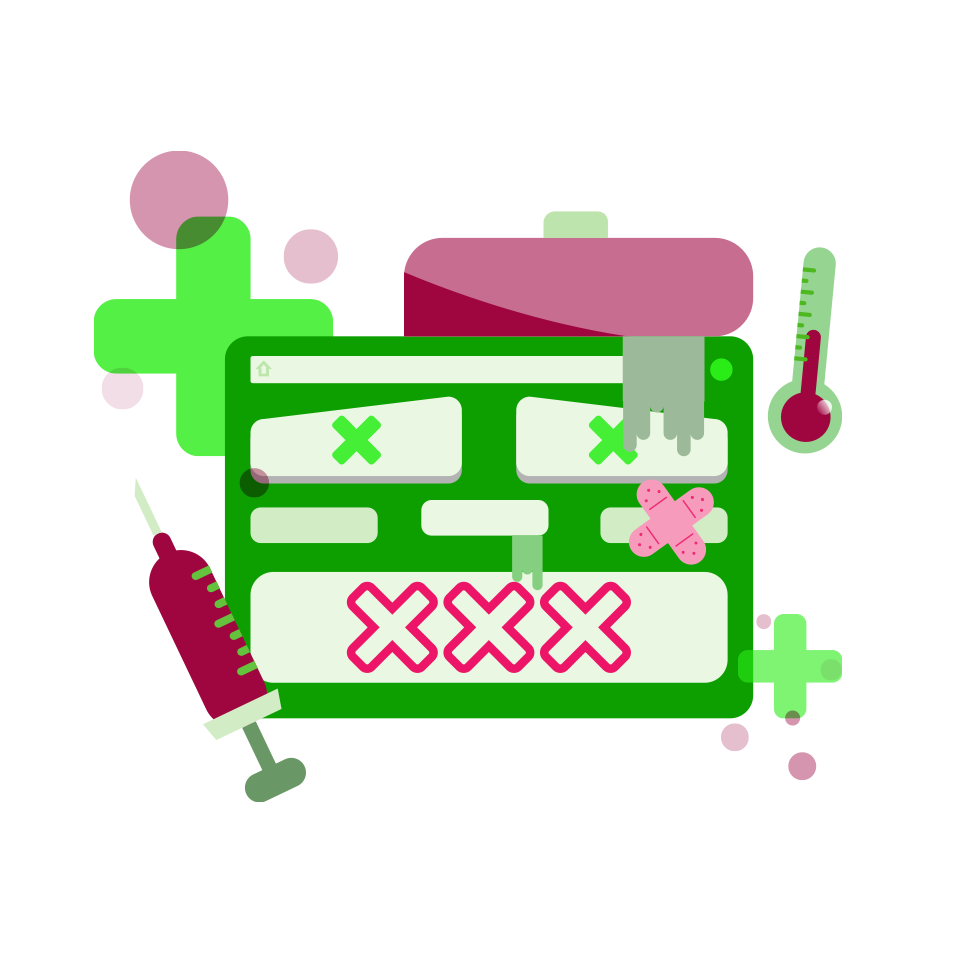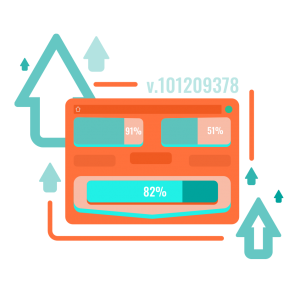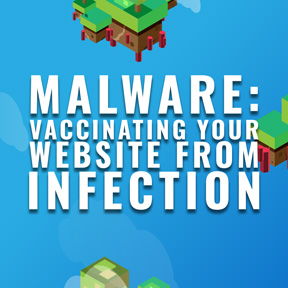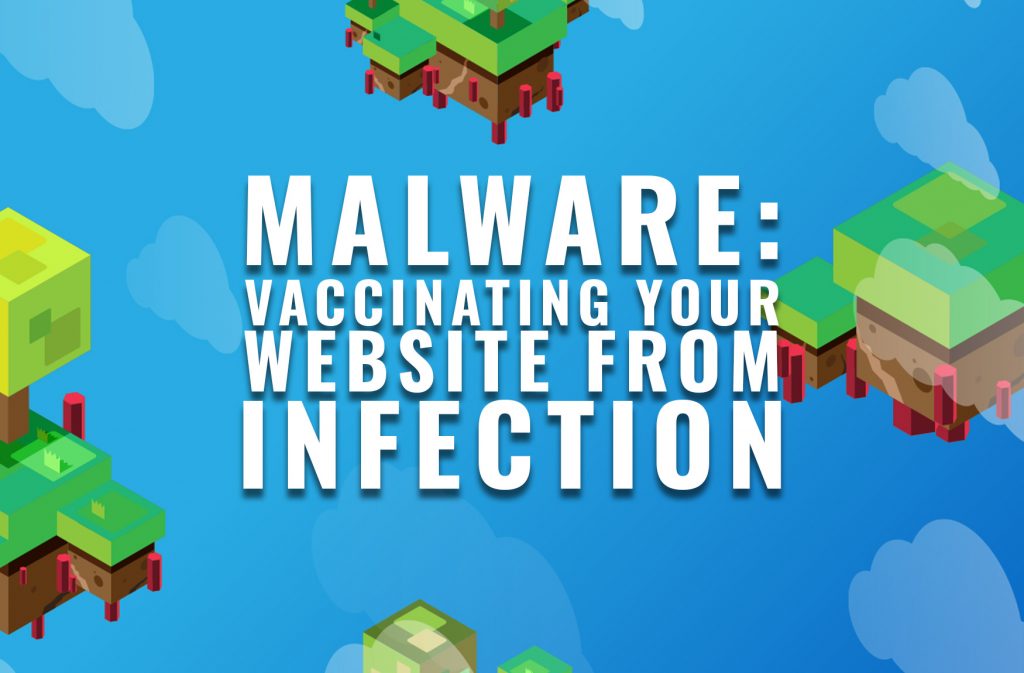Is your website unwell?
Your body isn’t the only thing susceptible to attack from viruses and infections. The website for your business can be vulnerable to attacks from malicious software known as “malware”. While this term is usually something, we associate with spam emails and our computers, malware can have a variety of negative effects on your brand’s website including:
- Redirect site visitors to other malicious sites
- Modify the appearance of your entire site
- Affect your SEO negatively reducing site traffic
- Allow access to black hat hackers and cybercriminals
The effects malware can have on your business can be devastating, especially if you primarily operate online. Malware attacks can affect your traffic, your reputation and your revenue. In 2017 Sitelock discovered that 65% of online shoppers who had their personal information stolen through malware refuse to return to the site where their information was compromised.

So how do you protect your website from malware?

The best thing you can do to make sure your website is safe from attacks is to have your website built by a web developer that will regularly scan and deal with any potential issues for you. If you’ve built your website yourself or would like to tackle it on your own then there’s a few things you should know.
Install updates and patches:

That never-ending stream of updates we seem to get for our software isn’t just there to annoy us, it fixes vulnerabilities that malware can take advantage of to gain access to our site. If you’re using a CMS like WordPress, make sure you’re using the latest version and have all your plugins updated if any are available.
Use a Web Application Firewall:

An added layer of protection is to utilise a WAP (Web Application Firewall) to monitor and filter traffic to your site based on specific rules that you set up when installing. There are many services available including Microsoft’s own version available through it’s Azure Network Security service. Other popular firewalls include Cloudflare and Wordfence which we recommend because we use them!
Create Regular Backups:

It’s always a good idea to plan for the worst-case scenario. Having a backup of your site can be the difference between your business being completely crippled and it making a quick recovery. What’s important here is to ensure that your backups are completed properly on a regular basis. The older a backup is the less useful you’re going to find it if something goes wrong and if the backup doesn’t recover your site properly then it’s of no value to you at all.
Want to know more?
If you’re interested in finding out more about how to protect your website we’ve written previously about the benefits of HTTPS which has now become a standard for every website. We’re also always happy to answer any questions you may have about your website so feel free to send us a message.



